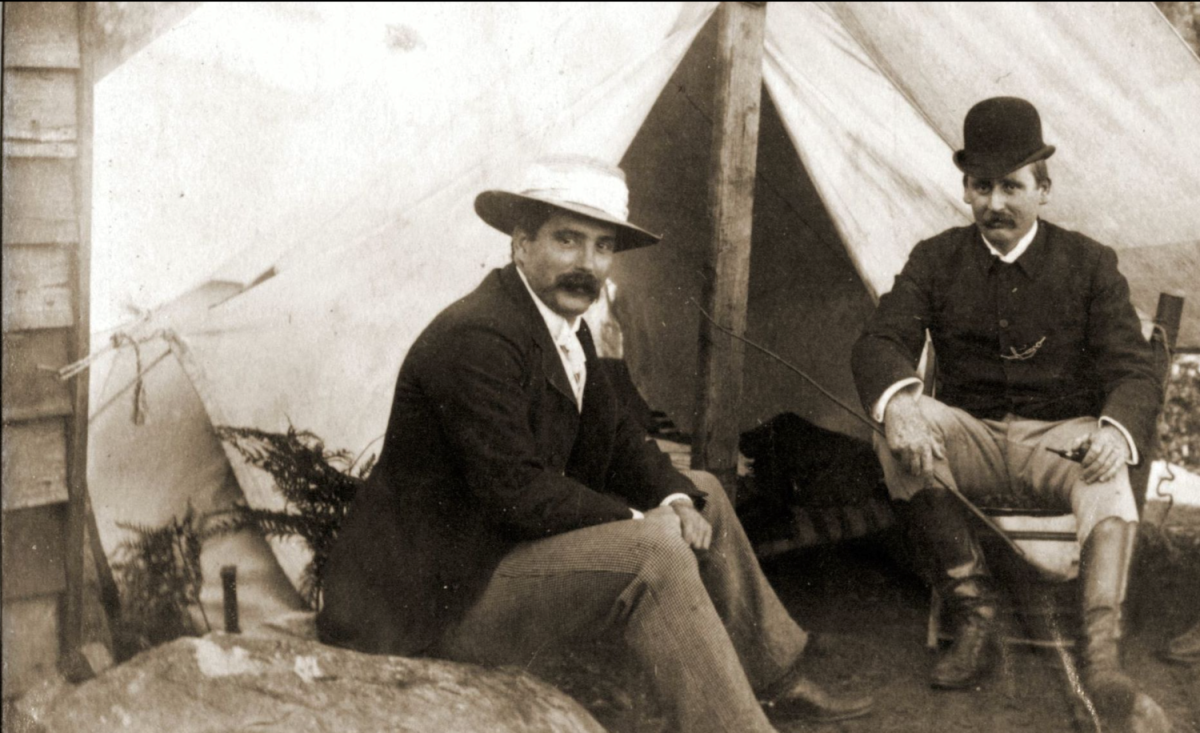
The future Sir Thomas Ewing in bowler hat at the railway tent camp at Unanderra during the construction of the Southern Coal Company’s jetty from Mount Kembla. The photo was taken by Henry Arthur Pringle sometime between 1888 and 1892.
Now that so many horrendous wars are happening around the world, some attention might profitably be directed to the people in Illawarra who opposed both compulsory military training and conscription for all the long and bloody decades of the 20th century.
The two men most famous in my lifetime as local draft resisters were Louis Christofides and Mac Gudgeon – both of whom were probably totally unaware that the man who first introduced compulsory military training in Australia also grew up in Wollongong.
That man was Sir Thomas Thomson Ewing (1856–1920), the son of Wollongong’s rector of St Michael’s Cathedral who, apparently, must have spent way too much time singing Onward Christian Soldiers when young and must have somehow missed the bit about “thou shalt not kill”.
Thomas Ewing’s father was the Reverend Thomas Campbell Ewing (born in Glasgow about 1817) who had built the now sadly demolished “Cormiston House” in Smith Street Wollongong.
Young Thomas Thomson Ewing was destined for future success as no less than the Sir Thomas Ewing (1856-1920), vice-president of the executive council (1905–1906), minister for home affairs (1906–1907), and minister for defence (1907– 1908) in the second Deakin federal government of Australia.
Unfortunately, he had long been an extreme exponent of the Yellow Peril doctrine and a supporter of universal military training. Worse still, his flawed analysis of Australia’s military preparedness in 1907 confirmed him in his reactionary views.
Using the report of another man with Illawarra connections – Colonel William Throsby Bridges (a descendant of Dr Charles Throsby no less) – Ewing and Major J G Legge worked out a scheme for compulsory military training for young men.
This became the basis of the defence act of September 1909 and, after further modification by the Fisher government, the basis of Australia’s pre-war “citizen army”.
Back on 1 October 1879 at St Michael’s Church of England, Wollongong, with his father as celebrant, Thomas Thomson Ewing had married a daughter of Wollongong’s bunyip aristocracy – Margaret Russell MacCabe – and they had three sons and two daughters.
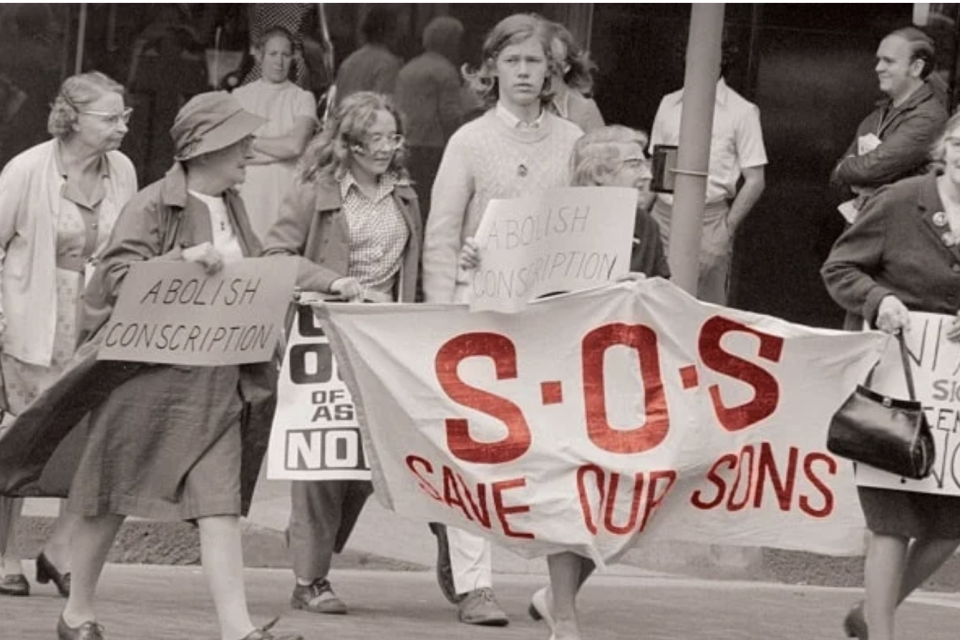
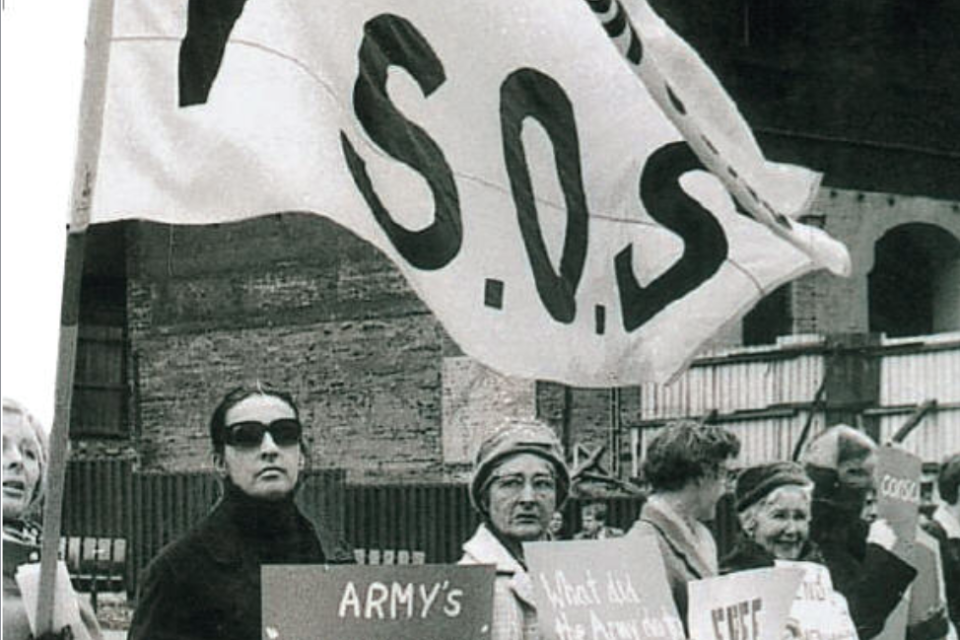
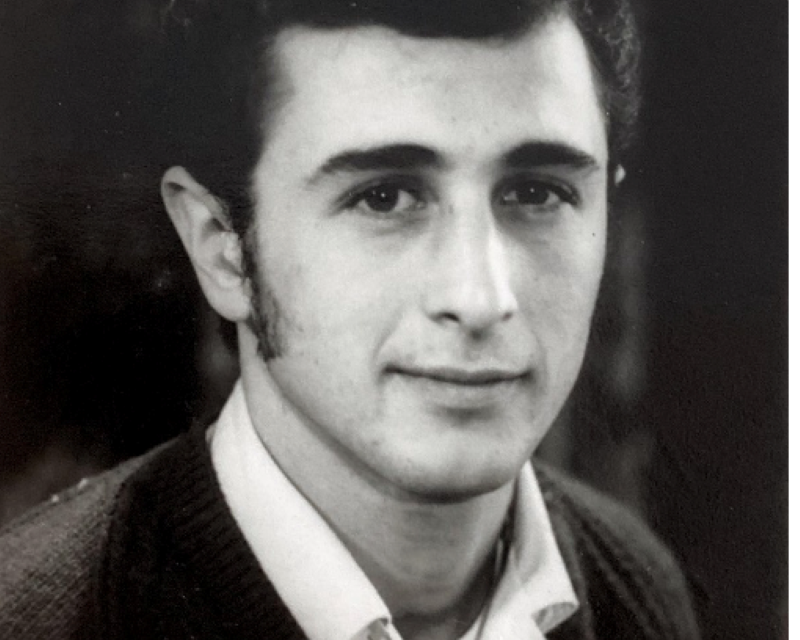

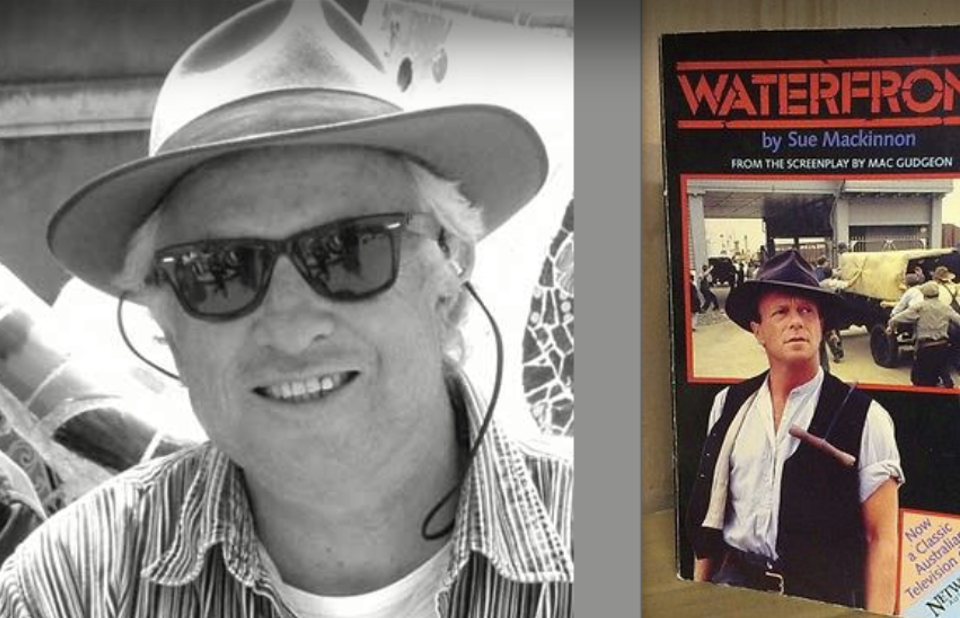
Fortunately, however, some Wollongong mothers in more recent times were much more enlightened and totally opposed to both the compulsory military training Thomas Ewing first introduced to Australia as well as, particularly, conscription for young men to go off and kill in Vietnam.
One of the most impressive (but unlikely) of these women was ballet teacher Edna Gudgeon, the wife of a well-known Crown Street Wollongong Chemist who became wonderfully radicalised and told me of her Wollongong adventures long after she and her husband had retired to live at Narooma.
The five wonderful women who chained themselves to Canberra’s Parliament House were protesting after a young Wollongong conscientious objector Louis Christofides was gaoled for failing to pay a fine for having refused to register for national service.
Asked why she had joined the chain gang, Edna summed up the frustration of the times: “Because I cannot seem to reach this government in any other way.”
The conservative elite in Wollongong apparently then tried to boycott Gudgeon’s chemist shop in Crown Street but the Illawarra wharfies and miners stepped in and encouraged all their members to shop there to ensure that the chemist didn’t go out of business.
Mac Gudgeon junior became politically radicalised along with his mother and, ever grateful for the support of the trade union movement, ended up spending a couple of years as a painter and docker on the wharves in Adelaide, Melbourne, and Port Kembla. He then went on to considerable fame.
One of Mac junior’s earliest television scripts was for the 1984 mini-series Waterfront, directed by Chris Thomson, which won the 1985 Logie award for Best Single Miniseries/Telemovie. He followed this in 1987 with another mini-series (The Petrov Affair).
Louis Christofides had gained national attention on 23 April 1969 when he and a teenage mate sat on the main rail line heading out of Wollongong and delayed a train taking a load of conscripts to Sydney.
Let us hope Wollongong never has to fight such battles ever again.










